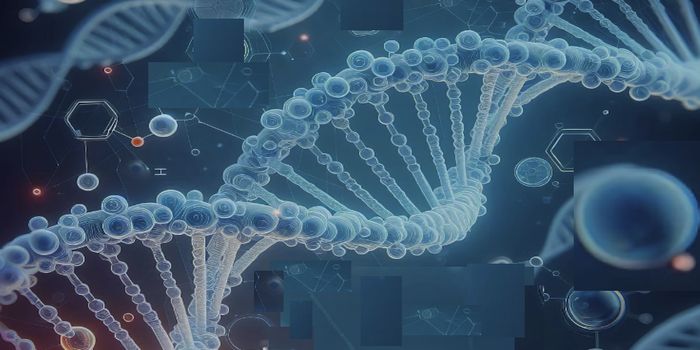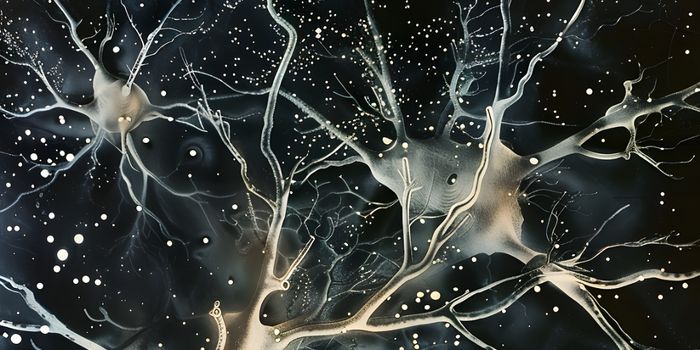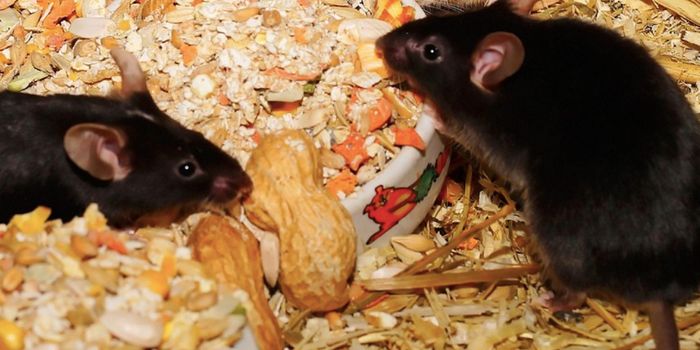Researchers Show How Stress Can Age Us - But It's Also Reversible
Biological aging does not follow a simple trajectory. Many things can affect the rate of aging, including stress. Aging has also been linked to a wide range of ailments and diseases, so there is considerable interest in finding ways to reverse aging. New work reported in Cell Metabolism has suggested that while stress causes an increase in biological age, it's completely possible to reverse that increase with a recovery period.
This research has shown that age is malleable, fluid, and fluctuating, which challenges a longstanding assumption that biological age can only increase as a person ages, said co-senior study author James White of the Duke University School of Medicine. "Previous reports have hinted at the possibility of short-term fluctuations in biological age, but the question of whether such changes are reversible has, until now, remained unexplored. Critically, the triggers of such changes were also unknown."
Biological age does not appear to have an unbroken link to chronological age. A person can have the biological characteristics of a much older or younger person than what their chronological age indicates. Factors like drugs, lifestyle choices, environmental influences, and disease are all thought to affect a person's biological age.
Previous research by other groups has also shown that with cellular reprogramming, aging in cells can be reversed. Abnormal epigenetic changes have also been observed in a mouse model of progeria, as well as humans with the disease, which causes accelerated aging. Scientists have also recently reversed aging in yeast cells with a method that causes the cells to oscillate between two biochemical pathways.
In this work, the researchers wanted to know more about the reasons why biological age can change so much during a person's life. They opted to study methylation in DNA to look for clues. Methyl tags are an epigenetic feature, a chemical mark that can dramatically effect how genes are expressed without altering the sequence of DNA.
The methylation status of various parts of the genomes of human cells and mice were measured during exposure to a stressful stimulus. When mice of different ages were linked together surgically, the researchers found that biological age could increase quickly over a short period of time because of stress, but when the link was removed, the mice began to return to baseline.
In humans or mice, stressful events like major surgery, severe COVID-19, and pregnancy all triggered transient increases in biological age. In a group of patients who went through emergency surgery, biological age quickly increased, but came back to normal in the days after the procedure. After pregnancy, biological age was restored at various rates and magnitudes in different individuals. An immunosuppressive drug helped severe COVID-19 patients return to baseline.
The data indicate that one way that severe stress can increase mortality involves the increase of biological age, and that it may be possible to reduce mortality by lowering that age, suggested co-senior study author Vadim Gladyshev of Brigham and Women's Hospital, Harvard Medical School. An individual's ability to recover from stress could also have a major impact on aging and longevity, and biological age could work as a biomarker of stress and relief.
This study relied on methylation clocks to estimate the biological age of a person, which could place limitations on the findings. Certain places in the human genome have specific methylation levels at particular times throughout life, and these have been used to establish biological age. Eventually, however, better ways of measuring biological age in humans could emerge.
Sources: Cell Press, Cell Metabolism









